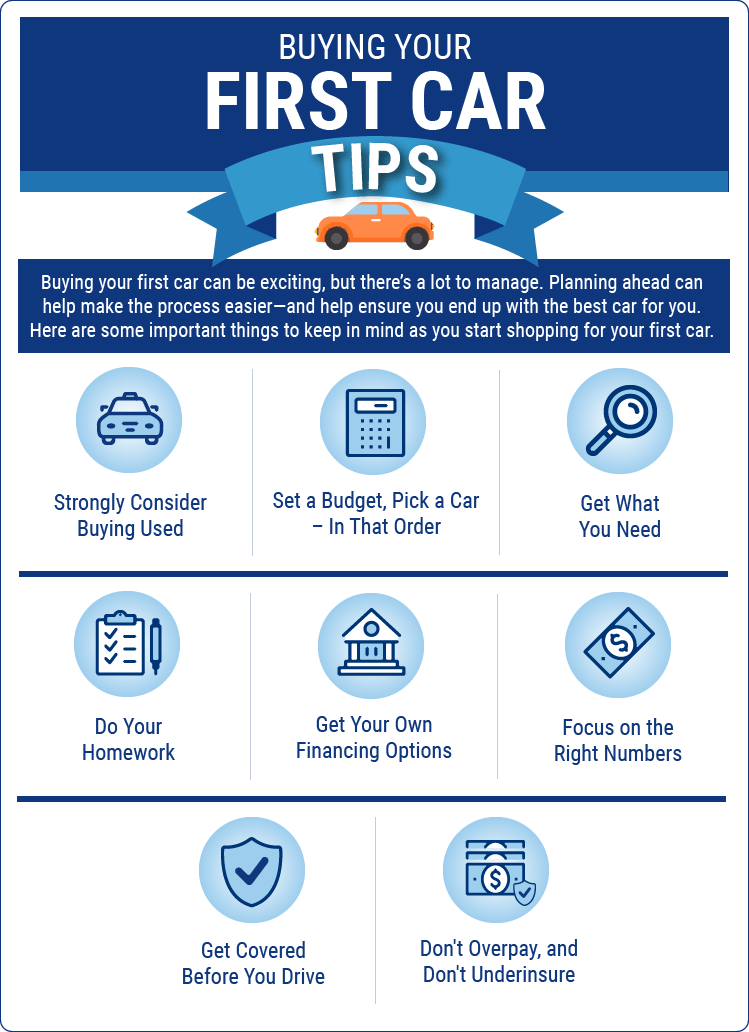Agencia 92: Your Source for Trending News
Stay updated with the latest insights and stories that matter.
Cruise Control: Navigating Your Next Car Purchase Like a Pro
Master the art of car buying! Unlock insider tips and tricks to cruise through your next purchase with confidence and ease.
Top 5 Tips for Negotiating Your Next Car Purchase
When it comes to negotiating your next car purchase, preparation is key. Start by researching the car model you’re interested in, including its market value, features, and available incentives. Having this information at your fingertips will empower you during negotiations. Additionally, consider setting a budget that allows for flexibility. This way, you can have a strong stance without becoming emotionally attached to a specific vehicle. Remember, timing can also play a crucial role; visiting dealerships at the end of the month or during holiday sales might give you an added advantage in negotiations.
Another important tip is to practice your negotiation skills beforehand. Role-playing with a friend can help you become more comfortable discussing price and terms. When you start the negotiation, always focus on the total price of the vehicle, rather than the monthly payment. This strategy minimizes the risk of being misled by dealer offers. Finally, don’t be afraid to walk away if the deal doesn’t meet your expectations. Sometimes, the best negotiation tactic is to show that you're willing to leave if you can't get what you want.

What You Need to Know Before Financing a Vehicle
Financing a vehicle can be an exciting yet daunting task. Before making any financial commitments, it's essential to conduct thorough research and understand your budget. Start by assessing your financial situation and determining how much you can afford for monthly payments without stretching your finances too thin. Consider factors like your income, existing debts, and living expenses. Create a realistic budget that includes not only the vehicle payment but also insurance, maintenance, and fuel costs.
Additionally, it’s crucial to explore different financing options available to you. There are various methods such as bank loans, dealership financing, and credit unions, each with its pros and cons. Pay close attention to interest rates, loan terms, and any hidden fees that may arise. Comparing offers is key to ensuring you secure the best deal possible. Lastly, check your credit score, as a higher score can lead to lower interest rates and more favorable loan conditions.
The Ultimate Checklist for Test Driving a Car
When you decide to test drive a car, preparation is key to ensuring you make an informed decision. Start by scheduling an appointment with a reputable dealership, and be sure to bring your driver's license and insurance information. On the day of your test drive, create a checklist of features you want to assess, such as comfort, handling, and visibility. It’s also important to consider the driving conditions you'll test in—whether it’s city streets or highway driving. Here’s a quick list of essential aspects to evaluate:
- Comfort in the driver's seat
- Ease of ingress and egress
- Visibility and blind spots
- Performance in acceleration and braking
- Noise levels at various speeds
During the test drive, take your time and pay attention to the vehicle's response to your commands. Don't hesitate to ask the salesperson questions about the car's features and specifications as you drive. After your test drive, it’s vital to reflect on your experience. Compare it with other cars you’ve driven, focusing on drivability, comfort, and utility. Lastly, jot down your thoughts and feelings while they’re still fresh in your mind. This will help you make a well-rounded decision when choosing the right car for your needs.